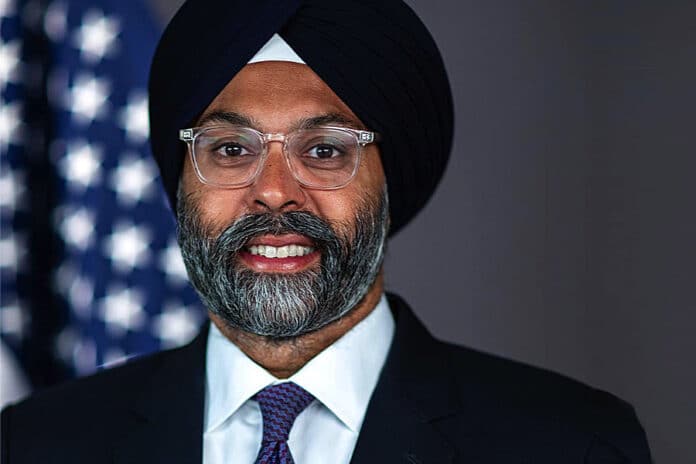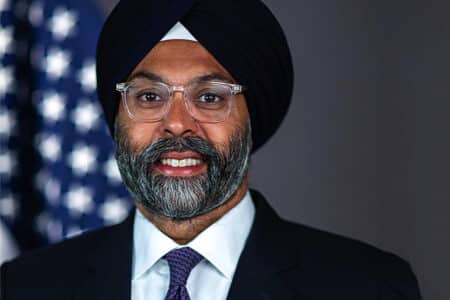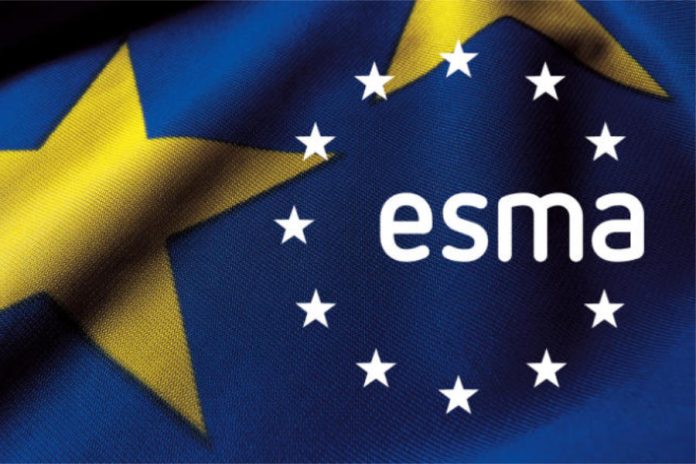 EMCA 2024 WINNER – Key Influencer in Equity Markets:
EMCA 2024 WINNER – Key Influencer in Equity Markets:
Chris McConville, Global Head of Execution Services and Trading, Kepler Cheuvreux
Chris McConville, global head of execution services and trading at Kepler Cheuvreux, was named key influencer in equity markets at this year’s European Market’s Choice Awards. He spoke to Global Trading after the ceremony to share his story and offer industry insights.
You spent most of your career in UBS, what were your greatest lessons and takeaways from that period?
I spent 22 wonderful years at UBS, starting with Warburg Dillon Read and O’Connor. During this period, I gained invaluable experience in building teams, innovating products, and growing businesses. However, the most significant takeaways came from traveling the world and forming valuable relationships in cities like New York, Hong Kong, Jo’Burg and Zurich. I learned key lessons about understanding different cultures and conducting business internationally. This experience pushed me out of my comfort zone, taught me to embrace failure, and showed me the effective use of body language. The structure of a large global institution also emphasised the importance of discipline, impactful marketing, and effective communication. I carry these lessons with me today at Kepler Cheuvreux, where I continue to learn and grow every day.
How is your role at Kepler Cheuvreux enabling you to move the market forward?
We aim to show that smaller, agile boutiques can disrupt the market and gain share from bulge bracket firms. By focusing on sourcing unique liquidity, enhancing the client experience, and delivering solutions rapidly, we believe we can boost buy-side productivity and bring added-value services to the market participants. As firms grow larger, innovation often becomes more challenging. In my role, I can concentrate on the decisions that truly matter and spend more time with clients, without having to navigate the corporate politics and administrative overhead that are common in larger firms. Although investing in talent and products may seem daunting in the current environment, we are dedicated to demonstrating that with a disciplined roadmap, selective partnerships and executive board support, significant progress is possible.
What have been the most positive changes you have seen in the equities market over your career, and what have been the greatest challenges to resolve?
I believe the electronification of finance and trading has been very positive, and created a shift in attracting diverse talent and skill sets to the City and Wall Street. Although I embrace change, not everyone welcomes it equally. The greatest challenge I faced was others’ reluctance to accept algorithms and AI. Many feared electronic trading would signal the end of high touch trading and commissions, which, of course, did not happen. Instead, we saw firms continually investing in technology infrastructure to support low latency, improve analytics, and provide best execution. These investments led to faster trading, greater accuracy, improved efficiencies, and enhanced back-testing capabilities for investors, buy-side, and sell-side firms, which benefitted all facets of execution. I believe that, as an industry, we now have a greater understanding of how electronic and high-touch trading work in tandem. The emergence of what we refer to as mid-touch trading further demonstrates the complementary, rather than opposing, nature of different execution channels.
How do you approach the provision of better execution in equities trading on behalf of your clients?
Providing better execution is multi-faceted and involves various approaches. We believe the key priorities for clients are enhancing productivity, delivering white-glove service and top-tier customer support, and offering simple, user-friendly tools and products. To boost client productivity, we emphasise innovation and transparency, enabling clients to access our execution models, forecasting, and analytics tailored to their strategies. This led us to develop the KCx API Analytical Suite. Our API provides clients with actionable insights to improve the workflows and strategies of trading desks and portfolio managers. Additionally, we recognise the importance of delivering white-glove service and best-in-class customer support across all execution areas. This includes not only dynamic access to trading venues but also advanced analytics, reject and performance monitoring, assistance during system downtimes, and the highlighting of key events such as corporate actions, exchange and settlement holidays, and expiries. Finally, we strive for continuous innovation for our clients, such as portfolio algorithms, advanced analytical tools, and enhancements in ETF trading.
Are there universal best practices that dealers can adopt to provide sustainable and profitable equities trading units?
There are many ways to run a business, but achieving consistent profitability year after year is a unique challenge. Some firms accept that certain units will be unprofitable, viewing them as part of a larger strategy. Kepler Cheuvreux does not have that luxury; every unit must be profitable and self-sustaining. To maintain sustainability and profitability across our equities business, we need a comprehensive understanding of the entire group’s activities—research, execution, ECM, corporate, retail, advisory, and asset management—and what truly matters to clients. This is why our mission statement includes “building solutions which clients love”; we cannot afford to guess what clients ‘might’ want. Investing in products and businesses requires meticulous cost management and careful development. Agility is crucial for us. Clients expect rapid change and innovation; this is why we closely monitor market developments to stay relevant, as seen with Swiss AVD, new venues, and VWAP trajectory cross.
You are a keen advocate of supporting military veterans in the City, tell us about that work.
Besides finance, supporting military veterans is my passion. I work with ‘Bootnecks in2 Business’* and specialised military units to provide mentoring support for veterans transitioning to civilian life. I help them explore various opportunities, expand their networks, develop CVs, and prepare for interviews. My goal is to offer a personalised approach, tailored to each individual. My efforts encompass all branches of the military, including the British Army, Royal Navy, RAF and Royal Marines, spanning all ranks. I love every minute of it. The City is increasingly opening up opportunities for military veterans, recognising the unique and diverse range of skills they bring. A unique opportunity to blend finance and military veteran representation occurred at our inaugural KCx women’s event. We had the great honour of hosting a former military captain who delivered an inspiring interactive talk on decision-making, resilience, and leadership skills.
What are your top three priorities for the next year?
First and foremost, we are dedicated to launching KCx_Omni, which will complement our new research platform, ‘Insight . KCx_Omni is our new low-latency, cloud-enabled, next-generation execution platform that integrates HT, LT, PT, and ETF trading. It features a fully sequenced, event-based proprietary infrastructure, along with a new UI suite. Next, we aim to further improve our rankings with clients, striving to move further up the ‘top ten’ in both execution and research, competing with the world’s largest bulge bracket banks. Finally, we will continue to expand our footprint in regions such as the US, increasing our client coverage and broadening our product suite. With the successful implementation of the US T+1 regulatory change behind us, we can now focus on offering execution access into the Middle East via our European entity, and low-touch access to APAC, both of which are in high demand from our clients.
*Bootnecks in2 Business (Bi2B) is a network of professionals that helps all British Royal Marines Commandos, past and present, transition from military to civilian life.
©Markets Media Europe 2024
TOP OF PAGE







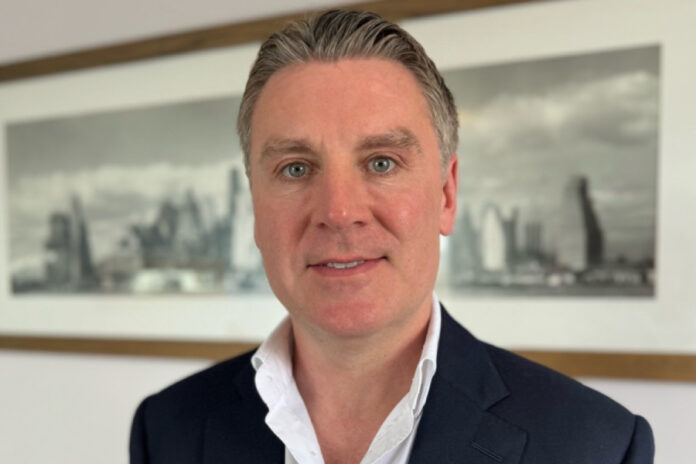


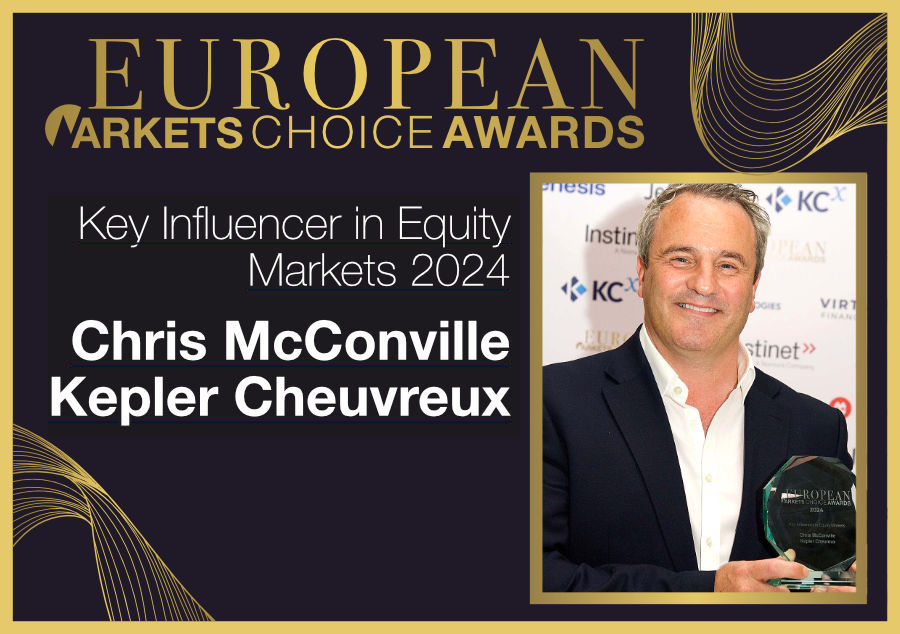 EMCA 2024 WINNER – Key Influencer in Equity Markets:
EMCA 2024 WINNER – Key Influencer in Equity Markets: 


